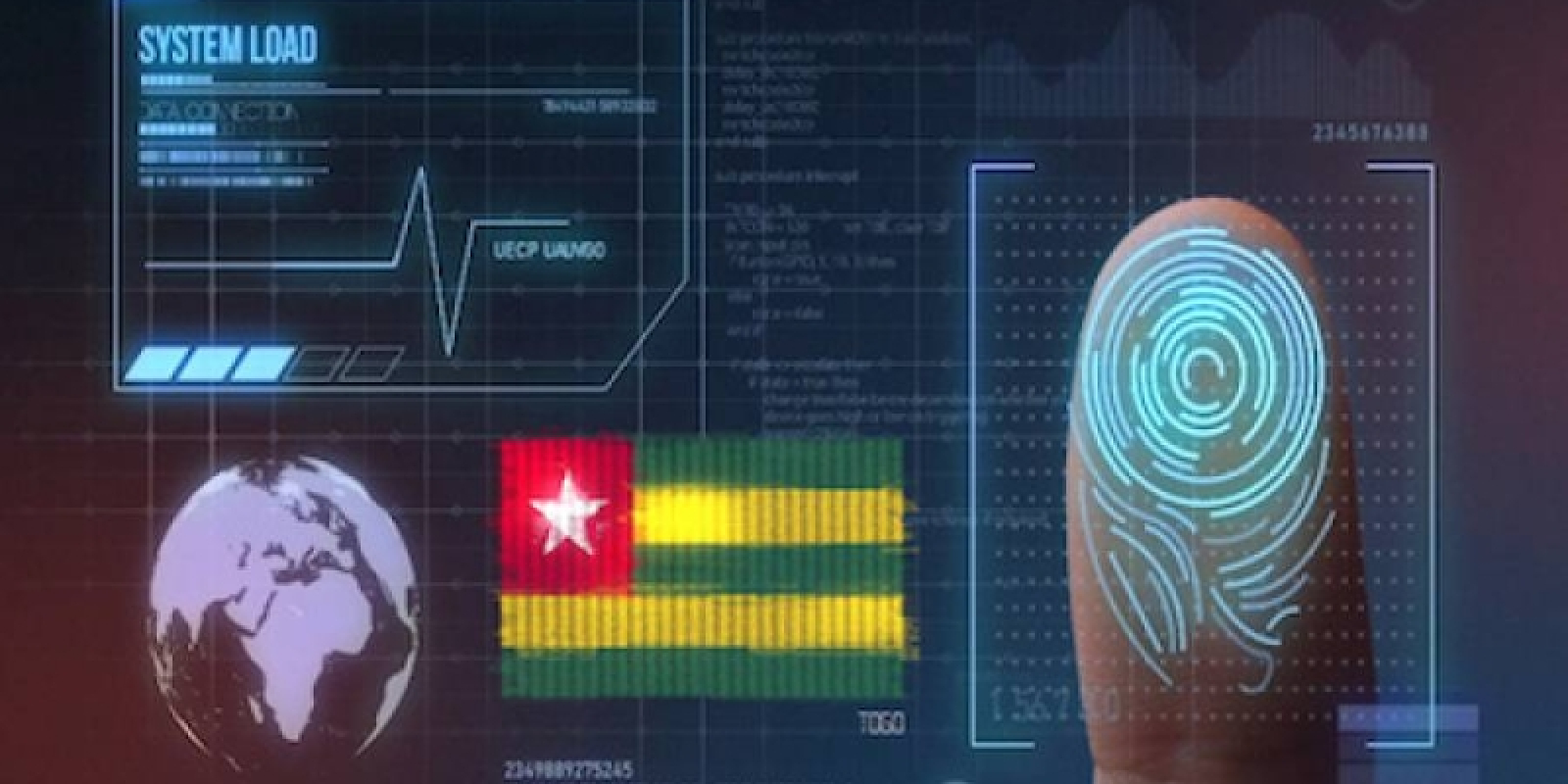BIOMETRIC REGISTRATION PILOT CAMPAIGN
1- Introduction
The Government of the Togolese Republic, to enable the generalization of biometric identity to all individuals in Togo, has requested and obtained from the World Bank, the financing of the Unique Identification Project for Regional Integration and Inclusion in West Africa (WURI). Taking effect on September 15, 2020 and due to close on July 30, 2026, the project’s development objective (ODP) is to “increase the number of people in the Togolese Republic who have a unique proof of identity recognized by the government that facilitates their access to services”.
The project is perfectly aligned with ambition 1 of strategic axis 1 of the government’s 2020-2025 roadmap, which aims to “offer an identity and guarantee health coverage and access to basic services for all”. To achieve these objectives, it is essential to develop a robust and reliable basic identification information system and mass biometric registration of the population.
As part of the design of the basic identification technology solution, a proof of concept (test) was carried out from October 4 to November 4, 2023 in Greater Lomé, passing through the maritime, plateau and central regions, registering at least 2,000 people. During this operation, more than 2,000 people were registered, enabling us to test the stability and functionality of the e-ID Togo equipment and technical platform, as well as the business processes involved in biometric identification.
On the strength of more than satisfactory results, and with a view to testing the entire system to be deployed as part of mass registration, the full-scale pilot operation involving the registration of 10,000 people in the planned agricultural development zones (ZAAP) in the Cinkassé prefecture is scheduled to run from November 27 to December 20.
2- Objectives
The aim of this pilot campaign is, on the one hand, to ensure the social mobilization of local authorities and ZAAP operators; and, on the other hand, to ensure the quality control of the pilot registration campaign operations. Specifically, this will involve :
Test the system for mobilizing local authorities and, through them, the entire population
to support the pilot registration operation;
Ensuring quality control of the various business processes to be developed by
supervisors, registration operators and support agents;
Supervise and test the complaints management system with the local
committees in place;
Ensure implementation of safeguards: inclusion of vulnerable groups,
setting up gender-sensitive registration rooms;
Support crowd and queue management;
Ensure compliance with hygiene, health, safety and environmental measures at registration sites
sites;
Ensure awareness-raising with a focus on GBV/EAS/HS;
Test the basic identification monitoring and evaluation system.
3- Field operations
The methodology is based on the following principles:
a. Local activation
A few days before the registration team is deployed in the area, a preparatory mission will be carried out to raise awareness among the local authorities concerned. This will specifically involve local authorities, who will be in a position to relay the information to their constituencies.
b. Supervision
The operation will be supervised at two levels:
Training supervision and registration supervision.
✓ Training supervision
This will be carried out by the Field Operations Manager, the Social Safeguards Specialist, the Complaints Management Mechanism Assistant and technical team staff to ensure that all contractual aspects entering into the training are taken into account.
✓ Registration supervision
Supervision will take place at two levels: at national coordination level and at technical coordination level.
At the level of national coordination, the first authorities, in this case the steering committee
accompanied by local authorities, will descend on the field to verify the effectiveness of the operation.
At the level of technical coordination, the methodology adopted consists of daily visits to each registration center to ensure that all arrangements are in place for the receipt of complaints, the inclusion of all people, especially the vulnerable (the disabled, the elderly, women, children, the sick, etc.), the observance of hygiene, health, safety and environmental measures; awareness-raising in the communities at the registration sites to encourage them to have recourse to the project’s MGP in case of need. In addition, support will be given to members of communal complaint management committees to set up complaint drop-off points in the ZAAPs, to help them to receive and process all complaints in a timely manner.
- Outreach session: Monday November 27 in plenary session
Awareness session participants
1 YANANI Tiékabe Prefect, Chairman
2 NAGNANGO Abdoulaye
President of the prefecture’s traditional chiefs,
Vice-Chairman
3 BLIMPO Bolidja ATOP representative, Rapporteur
Members :
4 NAGNANGO Koundjo Mayor of the commune of Cinkassé 1
5 DEBIRE Kandjime Mayor of the commune of Cinkassé 2
6 Capt. ALOYE Kidéli National Gendarmerie
7 Cre ABALO Aklesso Chief of police station
8 ABALATOKI Tetou-Ekpessou Prefectoral Representative for Grassroots Development
9 ONABADJA Kinansoa Prefectural Director of Education
10 TCHA-GNAO Isso-Wazina Representative for Social Affairs
11 ANOUGLO Adjahoté Representative for Agriculture
12 Dr KOZON Dondah Prefectural Health Representative
13 BANLEPO Nabaguidja Deputy
14 NOUGBARE W. Marc Representative of NGOs based in the prefecture
15 Père Modeste GAGLO Edoh Catholic representative
16 MOUSSA Boukari Muslim representative
17 DILANI Emmanuel Protestant representative
18 NAGNANGO Boudè Traditional representative
19 WELZE Seydou Civil status representative
20 NAGNANGO Abdoulaye Chef Canton de Cinkasse
21 LARMONGUE Alima Chef Canton de Biankouri
22 SANLAMBOULGA Mamoudou Chef Canton de Timbou
23 TELENBANTIBE Léne Chief Township of NADJOUNDI
24 YOUMA Soumé Tiladé Canton Head of SAM-NABA
25 TONDORE Hassane Chef Canton de GNOAGA
26 YABA Yacoubou Head of GOUNLOUGOUSSI Canton
27 GNINAHIN Télado Head of BOADE Canton
28 BOURAIMA Abiba Représentant des femmes
29 LENDE Arouna Représentant des CDQ
Conclusion
This pilot campaign, which is taking place in the planned agricultural development zones of the Cinkassé prefecture, aims to register at least 10,000 people. It will enable us to test the complaints management system, the operational communication plan and the monitoring and evaluation system, including quality control of the operation. In addition, it enables the registration service provider to capitalize on field experience.
Contacts Communication Specialist
Lauretta SANVEE
99 41 08 07
[email protected]

